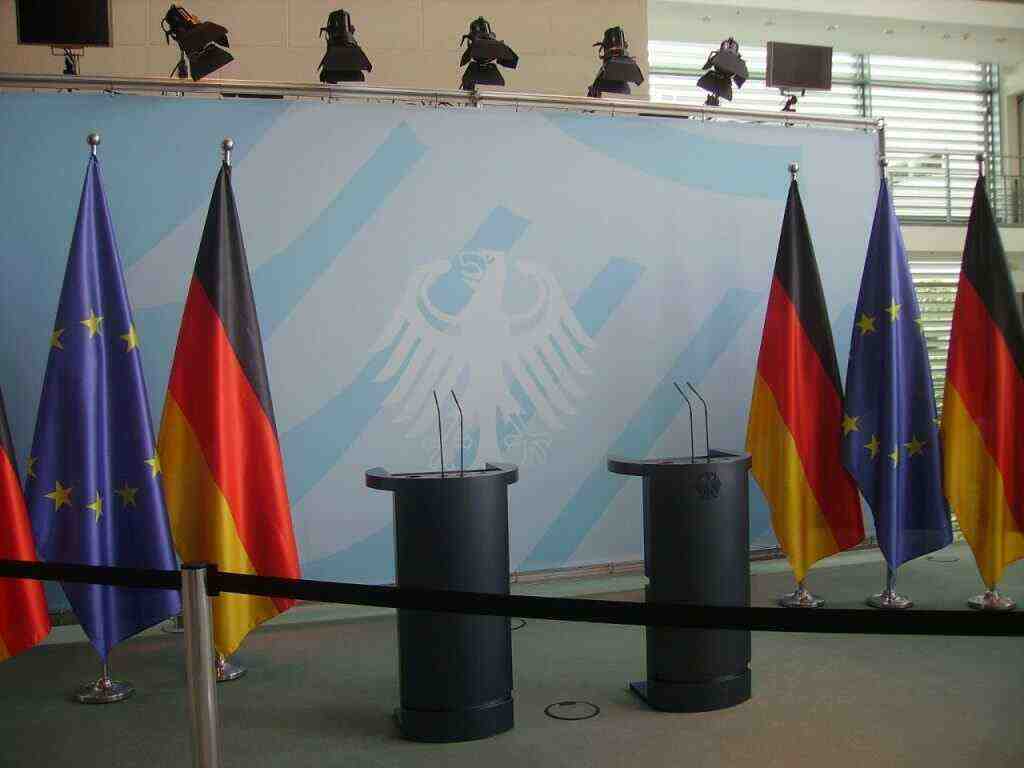European Union Unveils Plan to Boost Economic and Technological Power
A Bold Step Towards Global Influence
In a world increasingly dominated by economic and technological superpowers, the European Union (EU) is making a strategic move to bolster its global influence. This week, the EU’s executive body unveiled a comprehensive proposal aimed at transforming the bloc into a formidable economic and technological force. This ambitious plan seeks to counter potential coercion from major powers like China, Russia, and even the United States.
Key Objectives: A Multi-faceted Approach
The EU’s proposal encompasses a range of measures designed to strengthen its economic and technological autonomy. These include:
1. Enhanced Investment Screening Mechanism: The EU aims to reinforce its ability to scrutinize foreign direct investment (FDI) transactions that could potentially compromise its strategic interests or security. Under the new rules, the EU will have the authority to examine investments in sensitive sectors, such as critical infrastructure, energy, and defense, to ensure they do not pose risks to the EU’s sovereignty or economy.
2. Establishing a Dual-Use Technology Development Fund: Recognizing the importance of technological advancement in maintaining global competitiveness and security, the EU intends to create a fund dedicated to supporting the research and development of dual-use technologies. These technologies have both military and civilian applications and can contribute to both defense capabilities and economic growth.
3. Fostering European Technological Leadership: The EU seeks to enhance its technological independence by investing in key areas such as artificial intelligence, quantum computing, and cybersecurity. The goal is to reduce reliance on foreign technologies and promote innovation within the bloc, thereby strengthening its position in the global technology landscape.
Implications for Foreign Investors: Navigating a Changing Landscape
The EU’s proposal has significant implications for foreign investors seeking to operate within the bloc. These include:
1. Increased Scrutiny of FDI: Foreign investors aiming to acquire assets or establish operations in sensitive industries within the EU will face heightened scrutiny. The EU’s enhanced screening mechanism will require investors to provide detailed information about their investment plans, including the potential impact on the EU’s security interests.
2. Potential Investment Blocks: In cases where foreign investments are deemed to pose a significant risk to the EU’s strategic interests or security, the EU may intervene to block or impose restrictions on such investments. This could lead to increased uncertainty and complexity for foreign investors seeking to enter the EU market.
3. Need for Strategic Partnerships: Foreign investors may need to consider forming strategic partnerships with European companies or entities to mitigate the risks associated with investing in sensitive industries. By collaborating with local partners, investors can potentially address concerns related to national security and gain a better understanding of the EU’s regulatory landscape.
Significance for the EU’s Global Position: Asserting Influence and Autonomy
The EU’s efforts to bolster its economic and technological power have far-reaching implications for its global position:
1. Strengthening Economic Resilience: By enhancing its ability to screen foreign investments and developing critical technologies, the EU aims to bolster its economic resilience and reduce its dependence on external actors. This will allow the EU to better withstand economic pressures and coercion from other major powers.
2. Promoting Technological Sovereignty: The EU’s investment in dual-use technologies is a strategic move to assert its technological sovereignty and reduce reliance on foreign suppliers. This will enhance the bloc’s ability to address security challenges and maintain its competitiveness in key technological areas.
3. Elevating Global Influence: The EU’s efforts to become a global power hinge on its ability to project economic and technological strength. By asserting its authority over foreign investments and investing in cutting-edge technologies, the EU aims to increase its influence on the world stage and shape global norms and standards.
Conclusion: A New Era of Global Dynamics
The European Union’s proposal to bolster its economic and technological power marks a significant turning point in the bloc’s quest to become a global force. The enhanced investment screening mechanism, the creation of a dual-use technology development fund, and the focus on fostering European technological leadership are all aimed at safeguarding the EU’s strategic interests, promoting economic resilience, and elevating its global influence. While the proposal may pose challenges for foreign investors, it also underscores the EU’s determination to chart its own course in an increasingly complex and interconnected world. As the EU embarks on this transformative journey, the world watches with anticipation, eager to witness the emergence of a new global player.
